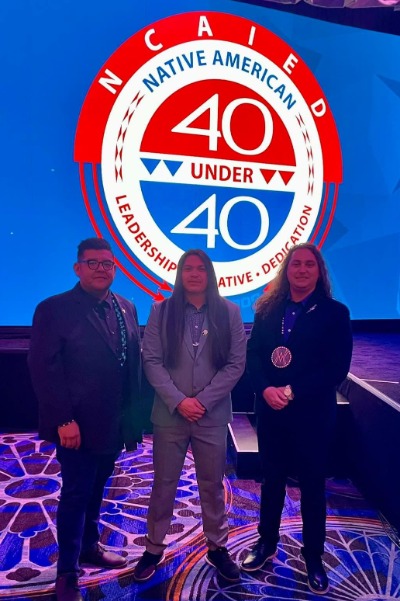
Ensuring that incentives such as bonuses and free bets are socially responsible will be one of the areas addressed in the next round of consultations on the UK Gambling White Paper.
Mandy Gill, Compliance Director at the Gambling Commission, outlined the next phase of consultations on the Gambling Act in one address to the British Amusement Catering Trade Association (BACTA) Social Responsibility Exchange earlier this week.
Gill gave an overview of the latest round of consultations, which concluded earlier this month. She then discussed the next round of dialogue with the industry.
Representatives are invited to submit contributions on socially responsible incentives, gambling management tools and regulatory returns.
Gill said socially responsible incentives should “ensure.”[e] that incentives such as bonuses and free bets are designed in a socially acceptable way that does not increase the risk of harm.” Considerations for gambling management tools will focus on whether it is appropriate to make online deposit limits mandatory or opt-out rather than opt-out.
Finally, Gill said that with respect to regulatory returns, the Commission will deliberate on increasing the frequency of regulatory returns and removing a significant number of items that are outdated or not useful.
“We will remain engaged and continue to listen to the responses to all of our consultations,” she added. “We will continue to work to make gambling safer, fairer and crime-free, and I thank you all for your help and support in doing so.”
Gill also said that the Commission had begun some preliminary consultations with the industry on its own review of technical standards for slot machines, which will include an assessment of the role of session limits for Category B and C slot machines, as well as the role of other safer gambling measures – such as Example those contained in BACTA’s “Code of Conduct for Responsible Game Design”.
A total of 3,000 submissions in the first consultation
Reflecting on the first round of consultations that recently concluded, Gill said a total of more than 3,000 applications had been submitted. Topics covered included financial vulnerability assessments and financial risk assessments, cross-selling and direct marketing, removal of features that increase play intensity in non-slot online casino games, and age verification on premises.
Gill emphasized to her audience of land-based gaming representatives that financial vulnerability testing and financial risk assessment does not extend to land-based gaming establishments. However, she gave delegates an overview of the areas that would affect them.
She said: “Cross-selling and direct marketing in land-based premises may not be as widespread as with online providers, but our proposal was to explore improving marketing preferences for all gambling customers.”
“Secondly, on age verification on premises…shore operators do a good job of checking that customers are old enough to gamble. This consultation was about raising the age at which we considered it good practice for staff to ask customers to verify their age from 21 to 25, and balancing this challenge with other products such as tobacco and alcohol .
“So if the changes proposed in the consultation, or similar changes, are introduced after we have considered the consultation submissions, this would be another important consideration for the sector.”







